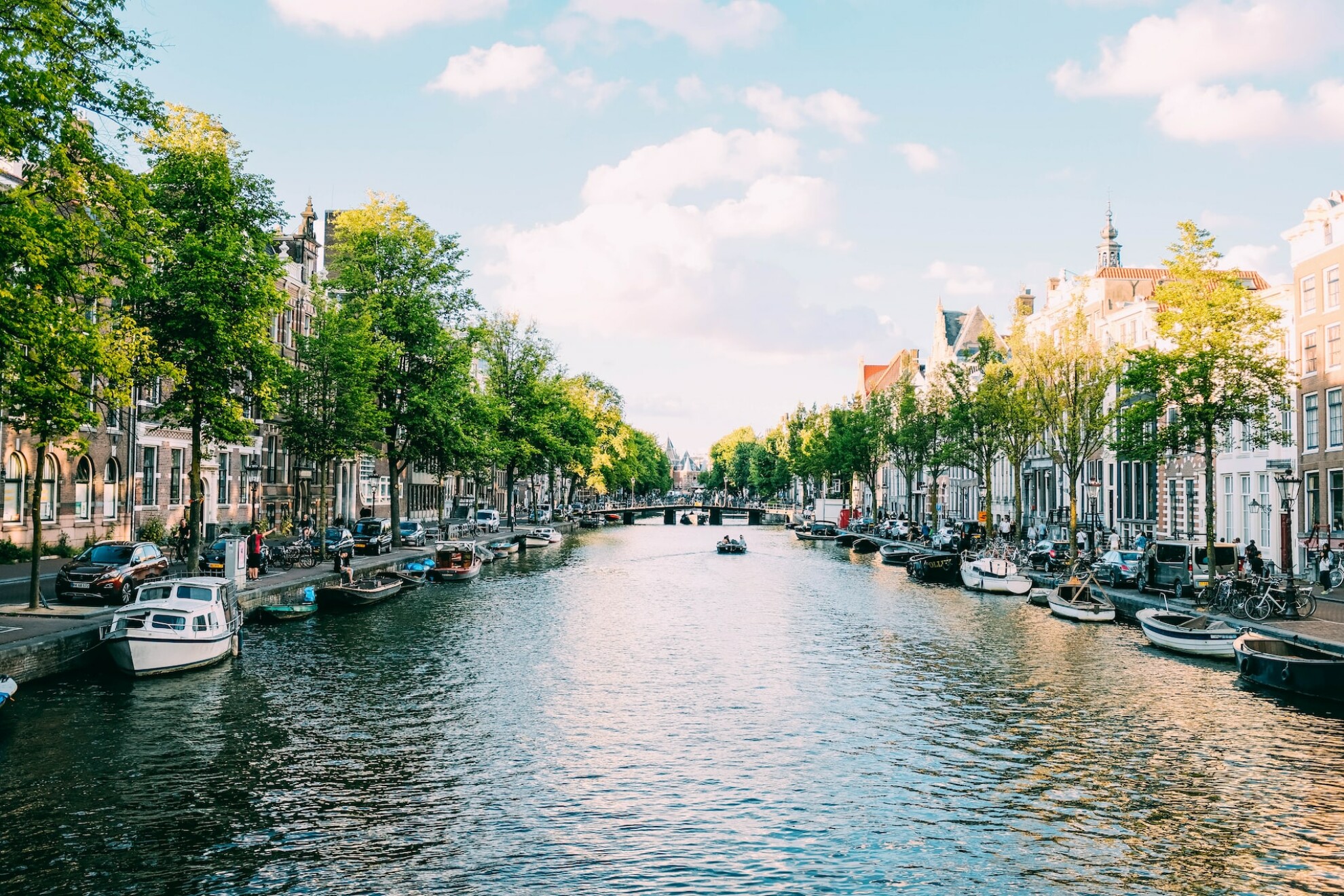
Working in the Netherlands: Visas, Tax & Jobs (2025)
| 11/02/2025
With globally connected cities, high English proficiency and a famously direct, collaborative work culture, the Netherlands remains one of Europe’s easiest places for international professionals to land and thrive. English is widely used in business and government interactions, lowering barriers for newcomers. workinnl.nl
Quick wins (what to know first)
-
EU/EEA/Swiss citizens can live and work without a permit (registration still required).
-
Non-EU/EEA professionals usually need a sponsor (recognized by the IND) and a permit—most commonly the Highly Skilled Migrant route (kennismigrant). Income thresholds apply and are adjusted annually; check current amounts before you sign an offer. business.gov.nlgovernment.nl
-
Healthcare is mandatory: everyone who lives or works in NL must hold Dutch basic health insurance (basisverzekering). government.nl
-
Get your admin sorted: you’ll need a BSN (citizen service number) after registering at your municipality and a DigiD to access many government services online. government.nldigid.nl
Visas & permits (the fast overview)
Highly Skilled Migrant (kennismigrant)
The most common pathway for experienced professionals. Your Dutch employer must be an IND-recognized sponsor, and your gross monthly salary must meet the year-specific threshold (varies by age/Graduates Scheme vs standard). The thresholds are reviewed annually—verify the current amounts at offer stage or via a reputable tax advisory update for 2025.
EU Blue Card
An alternative for certain higher-paid roles with strict degree and salary criteria. Employers do not need to be recognized sponsors for Blue Card hires, but requirements are different and higher than the kennismigrant route. Check latest guidance on IND.
Tip: When comparing offers, confirm: sponsor status, visa route, salary vs. current threshold (excluding 8% holiday allowance), and whether the package supports relocation and first-year housing.
The 30% ruling in 2025: what changed & what it means
The 30% facility lets qualifying inbound employees receive a portion of salary tax-free to cover extra-territorial costs. Since 1 Jan 2024, it’s phased:
first 20 months: 30%, next 20 months: 20%, final 20 months: 10% (max 5 years total). A salary cap (WNT) also applies to the base used for the ruling. Confirm eligibility, cap level and whether your employer handles applications.
Registration & life admin: your first two weeks
-
Register with the municipality (BRP) where you live to get your BSN (citizen service number). Without a BSN you can’t open local bank accounts or enroll for many services.
-
Apply for DigiD to access tax, healthcare and government portals. Your identity is verified; you’ll then use the DigiD app for secure logins.
-
Arrange health insurance (basisverzekering) within the required timeframe once you live/work in NL. All insurers must accept anyone obligated to take out basic cover; supplementary packages are optional.
Work culture & language
Dutch workplaces are typically flat-structured, pragmatic and collaborative. Meetings are direct (and punctual), and hybrid working is common. English is widely spoken in professional settings, easing onboarding for new arrivals.
Where the jobs are
-
Amsterdam / Randstad (Amsterdam–Rotterdam–The Hague–Utrecht): finance, fintech, consulting, legal, data, marketing.
-
Eindhoven / Brainport: semiconductors, hardware, R&D, advanced manufacturing.
-
Rotterdam: logistics, maritime, energy transition.
-
Utrecht: tech, shared services, life sciences.
Looking now? Browse our live roles and filter by location & function: audit, accountancy, finance, tech & change.
Anchor link suggestion: See current Netherlands finance & tech vacancies → /vacancies (use this exact anchor text for internal linking)
Housing & living quick notes
-
Renting: both fixed-term and indefinite tenancies exist; unfurnished (bare) vs furnished options vary by city. Expect strong demand in larger hubs—start the search early and budget for a deposit plus first month’s rent.
-
Transport: world-class rail plus metro/tram/bus in major cities; cycling infrastructure is exceptional.
-
Family life: quality public services, abundant parks, and a strong international-school network in big cities.
Salary, tax & benefits (at a glance)
-
Dutch offers often include holiday allowance (paid around May) and may include a discretionary bonus or 13th month.
-
Tax is progressive; the 30% facility (if granted) can improve net pay for eligible new arrivals (see above). Always model net vs. gross when comparing offers.
Relocation checklist (save this!)
-
✅ Offer meets the current IND salary threshold for your route (kennismigrant / EU Blue Card).
-
✅ Employer is an IND-recognized sponsor (if not going Blue Card).
-
✅ Assess 30% ruling eligibility and impact on net pay.
-
✅ Book BRP registration and get your BSN.
-
✅ Apply for DigiD and install the app.
-
✅ Take out basic health insurance once required.
How Meraki Talent helps
We place international professionals into accountancy & finance, financial services, technology & change, HR & exec support across the Netherlands. We’ll advise on salary benchmarking vs thresholds, sponsor routes, timelines and relocation support—then connect you with teams where you’ll thrive.
Explore Netherlands audit & finance openings on our vacancies hub.